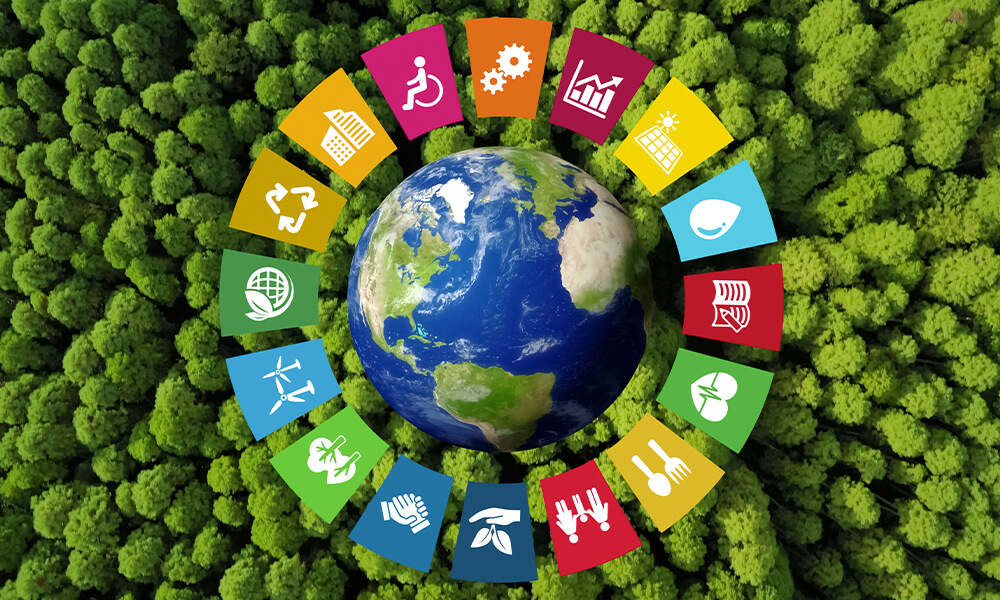
Small or unprepared organisations might find their clients’ demands challenging.
As organisations grow and their operations become more complex, so do their supply chains. In 2019, CDP’s supply chain report revealed that, among CDP respondents, supply chain emissions tend to be five and a half times greater than operational emissions. The 2020 edition of the same report revised the estimate significantly thanks to improvements in emissions accounting across supply chains. CDP respondents today estimate that their supply chain emissions are more than eleven times greater than their operational emissions.
This captures part of the challenge in decarbonising large organisations: most of their emissions are not under their direct operational control. Whereas operational emissions can be reduced by making operational changes, like investing in more efficient technology or purchasing renewable energy, indirect emissions require entirely different approaches to reduce. Organisations are increasingly building sustainable supply chains by engaging with their members. Organisations might turn to their supply chains because of customer, investor, or competitor pressure, non-compliance with regulations or standards which limit their opportunities, rising material costs for the products they manufacture, or NGO or activist claims.
One of the main approaches used by large organisations to engage with their supply chains is to request that its members report on their environmental performance. Large organisations are usually captured by emissions reporting legislation, and the largest often join voluntary disclosure programmes to promote their efforts in corporate sustainability. The smaller organisations which are part of supply chains may not be captured by the same legislation or have the same direct interest in reporting voluntarily, but are a key contributor to the emissions of large organisations. Large organisations can therefore have significant leverage over the companies in their supply chains.

Large organisations also usually have the expertise and spare capacity to manage environmental reporting themselves. This is less often the case for their supply chain members. If environmental reporting is driven by regulation, most organisations both large and small have adequate timeframes in which to prepare to comply. However, voluntary reporting requests made by large organisations to their smaller supply chain members can often specify accelerated timeframes. The result is that small supply chain members can face a significant challenge in gathering information that they have never had to gather before, in a short amount of time, or else put a key source of revenue at risk.
In these situations, consultancies with experience in environmental disclosure, from greenhouse gas modelling to preparing governance and environmental risk reports, have a role to play in supporting organisations facing an unfamiliar exercise. Leading voluntary reporting standards collect disclosures which cover a range of disciplines within a business. These include the business’s governance and oversight of climate-related issues, its identification of climate-related risks and opportunities, the long-term business plan, any environmental targets that have been set, the historic emissions performance of the business, and its commercial performance. Service providers can bring together the teams within an organisation that are best able to produce high quality disclosures. By responding to requests for reporting with the help of a service provider, supply chain members can also jump start the development of a formal decarbonisation strategy.



